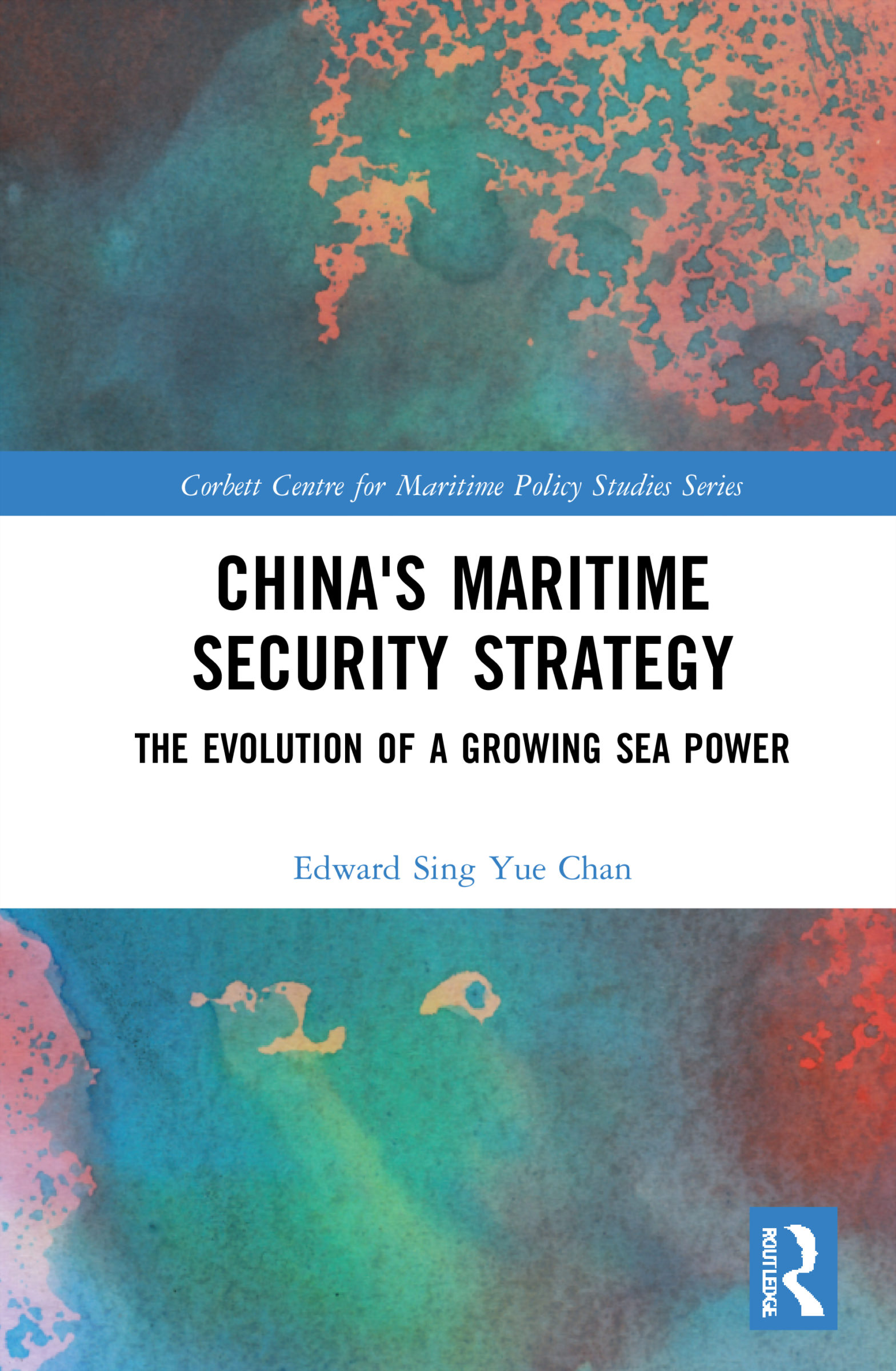After a year and a half of revising and editing, my book has finally released. It’s now available here: https://www.routledge.com/Chinas-Maritime-Security-Strategy-The-Evolution-of-a-Growing-Sea-Power/Chan/p/book/9780367745646
Thanks again Routledge for helping me turning my thesis into my first ever monograph. This is indeed a small step for me entering the academia.
What is this book about?
As I said, this book basically is the public version of my PhD thesis, which looks at the 40 years development of China’s maritime security strategy from Deng Xiaoping to Xi Jinping, and questions what has made China shift from a constrained to a more assertive strategy since the last decade.
I argue that China’s maritime security strategy is not just simply becoming more assertive, as most people think of. Indeed, China has a much stronger navy than two decades ago, and it has continued to enhance its naval power. However, the navy is not the only component of China’s maritime power, nor the biggest concern. Instead, the maritime security strategy has become more complex due to four main factors: increase of capability, rising threat perception, increase of international responsibility, and emergence of domestic maritime actors.
Overall, this book will give you a more comprehensive understanding of China’s maritime policies. Beijing does not simply expand its naval power — there are rationales behind. And more importantly, China’s sea power is more than just gunboats and aircrafts; maritime governance, law enforcement, coast guards are all contributing factors that could enhance China’s voices in the East and South China seas in the next decade.
More case studies
The biggest differences between the book and my dissertation is that it is less theoretical. In the book, I have tried to avoid using too many IR jargons to explain China’s behaviours. Instead, I have drawn a few critical events to illustrate China’s changing approach in maritime policies, such as the Mischief Reef incident, Diaoyu/Senkaku Islands dispute, militarisation and land reclamation. Through these case studies, readers may have deeper understanding of the coherence of China’s maritime strategy throughout these forty years. In fact, China’s national interests at sea remain relatively stable: territorial integrity at first, then economic development, and slowly developing ocean governance. Though the strategic priorities have become more complicated.
Why should you purchase this book?
This book provides an extensive scope of understanding of China’s sea power. It does not only focus on certain aspects of China’s maritime security as most existing literature does. It has a systemic framework that studies China’s maritime strategy, including its ideology, capability, policies, as well as connection with the grand strategy. It is suitable for researchers and postgraduate students who are interested in China’s foreign policies and East Asian security, especially when the South China Sea has become a rising concern in recent years.
This book is my first born child this year. And of course, more research to come.


One thought on “Evolution of China’s maritime security strategy”